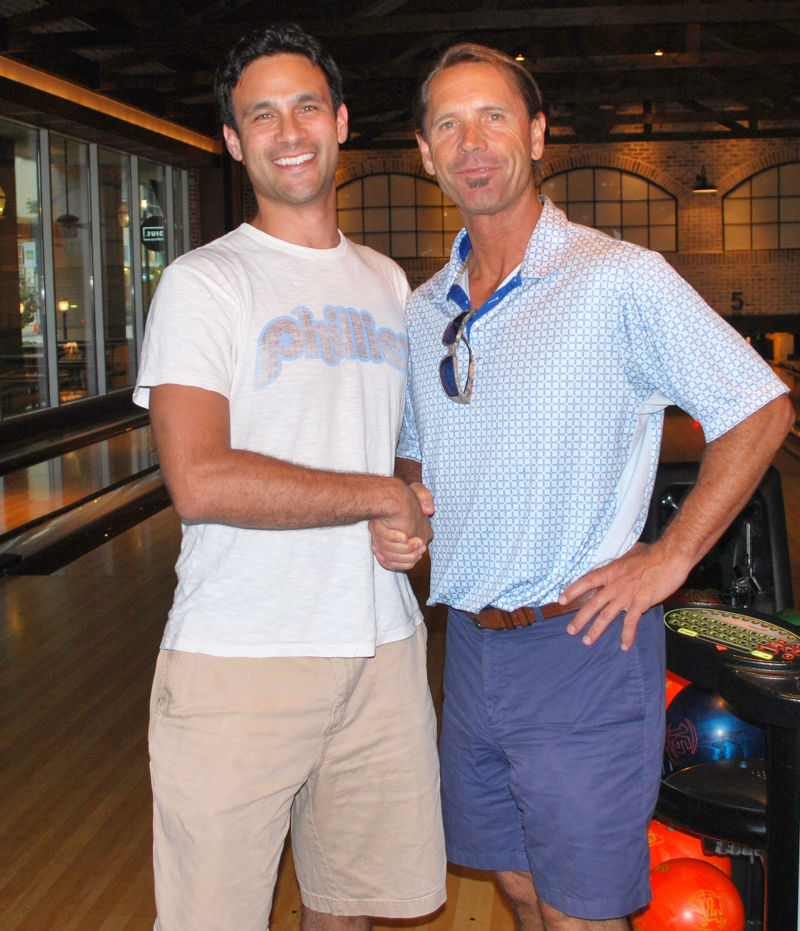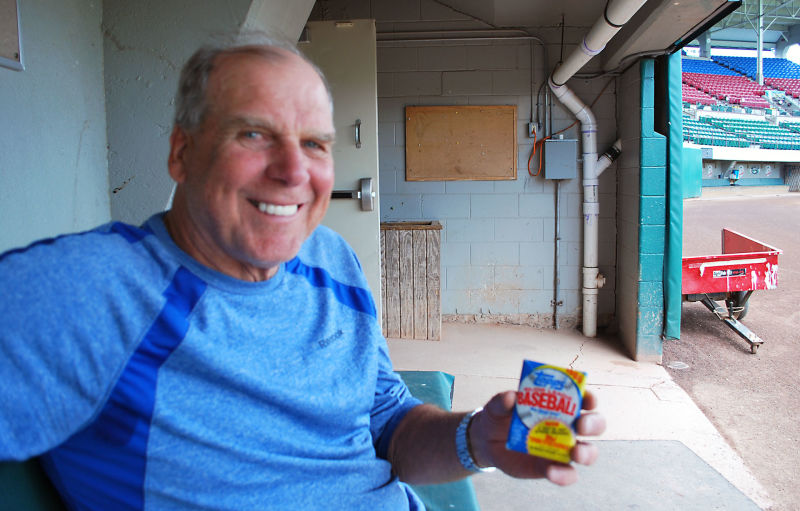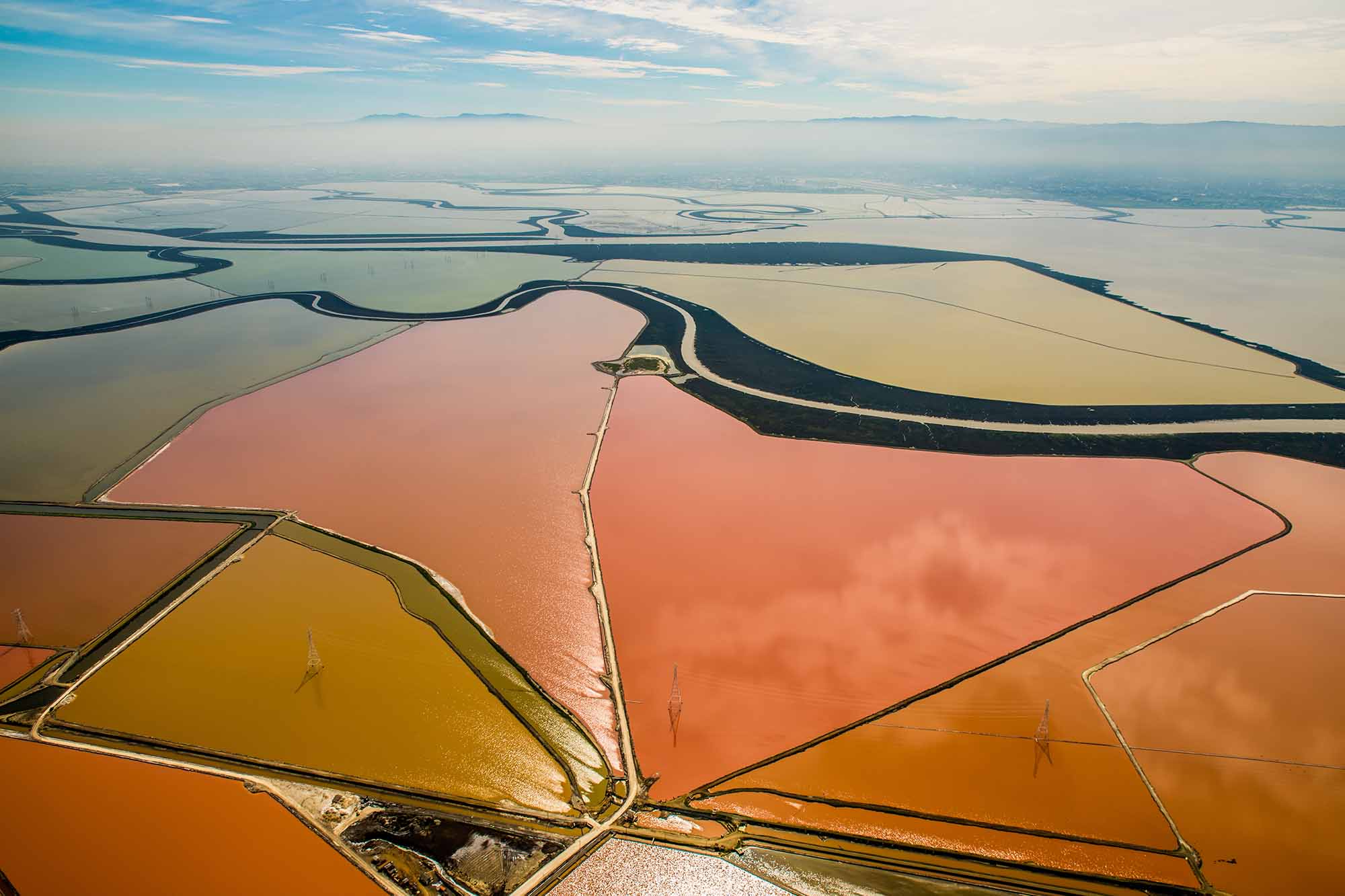Many of us hold on to things from our childhood. For Oakland biology teacher Brad Balukjian, it’s the memory of the 1986 baseball season. In search of a cardboard piece of his past, nostalgia led him to eBay and packs of baseball cards. For most people, that would be it — curiosity satisfied. But for Balukjian, it’s led to a cross-country road trip and an idea for a book called “Wax Pack.”
He’s trying to interview each player from a 1986 pack of Topps cards — from Hall of Famers to obscure utility infielders — and find out where their post-baseball lives have taken them.
We caught up with Brad Balukjian in Kansas City, in between his attempt to track down Carlton Fisk at the Hall of Fame induction weekend in Cooperstown and his visit to Rick Sutcliffe in Lees Summit, MO. Balukjian says the 15 players in his pack cover a wide range of talents.
“One Hall of Famer (Fisk), some guys that were pretty big stars like Dwight Gooden, and it ranges all the way down to guys that most fans would not have heard of, like Jamie Cocanower, Don Carman, or Randy Ready. It really is a mix in terms of where these guys came from, what kind of careers they had, the randomness of the pack.”

The California Report (TCR): Most of these guys are now in their fifties and sixties, decades removed from playing. How do they deal with being ex-major leaguers, was there a commonality about how they look back?


